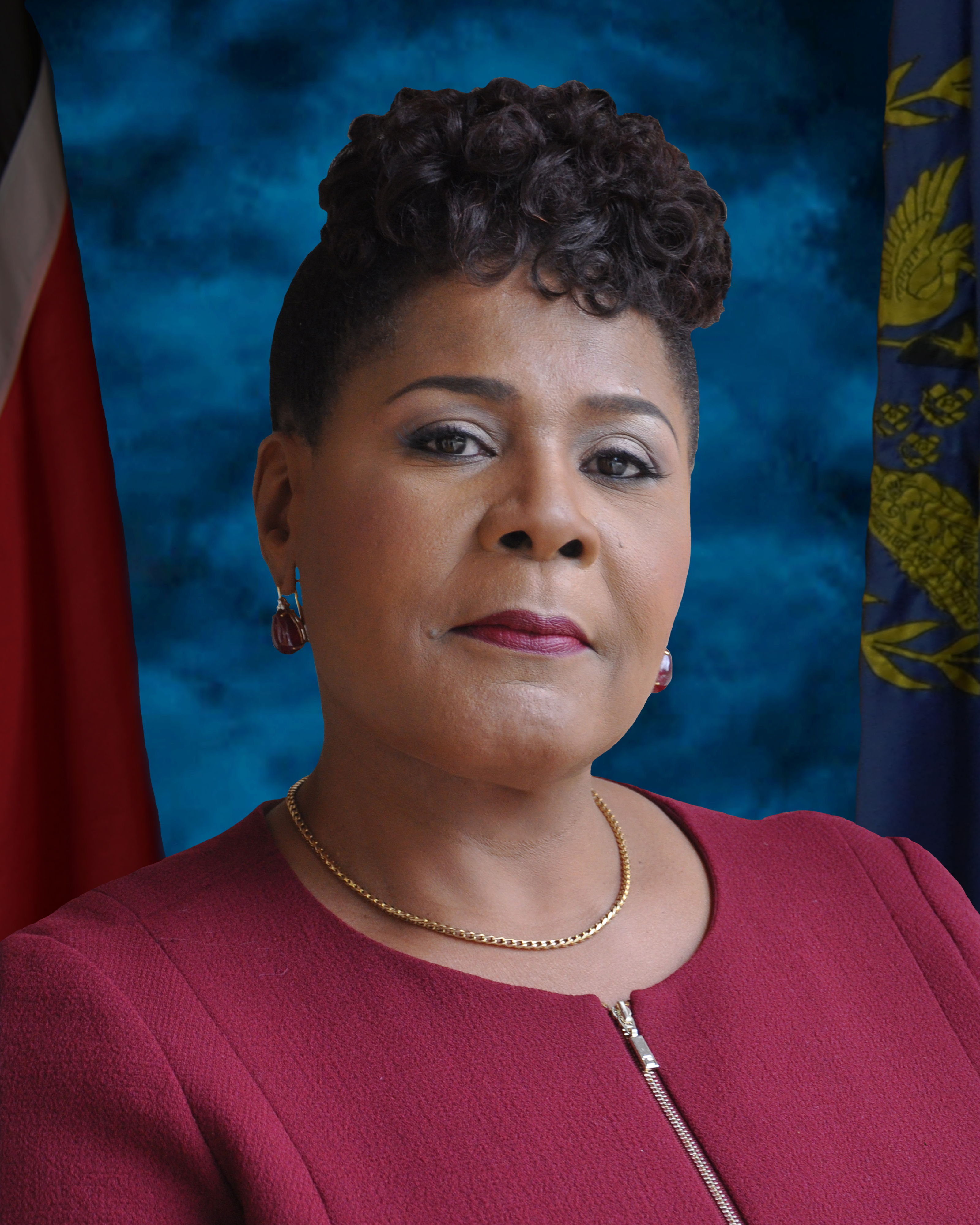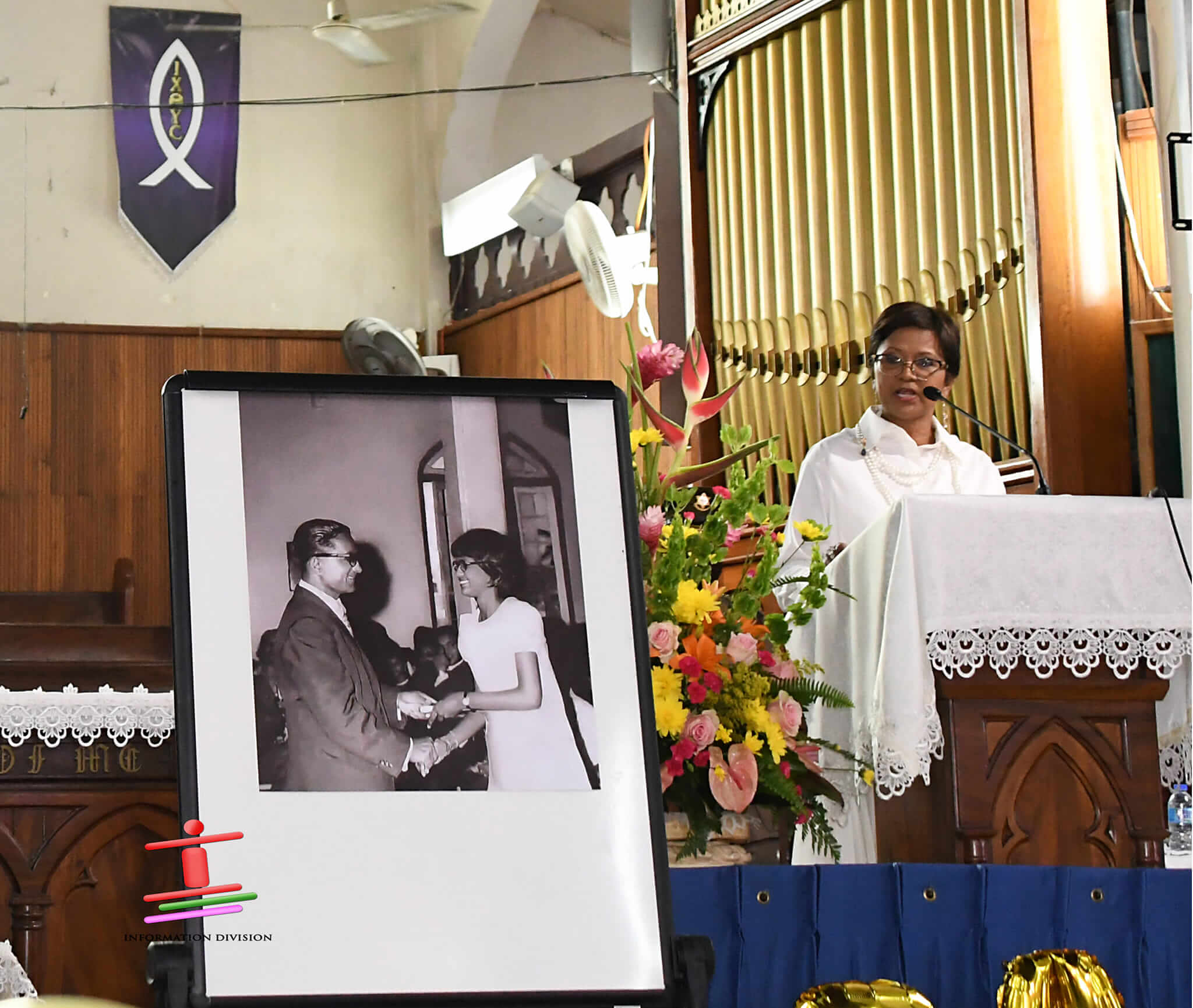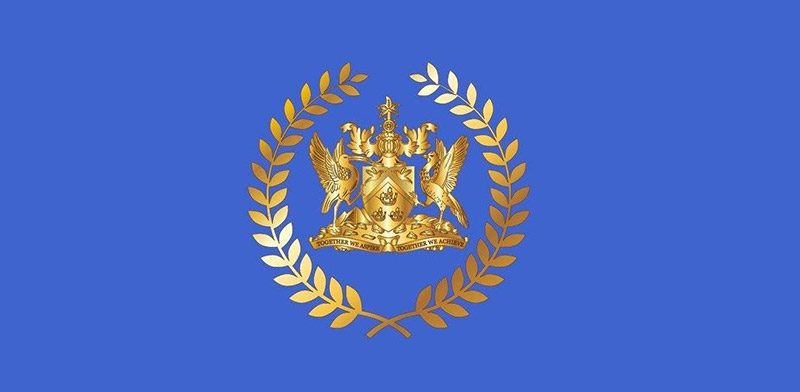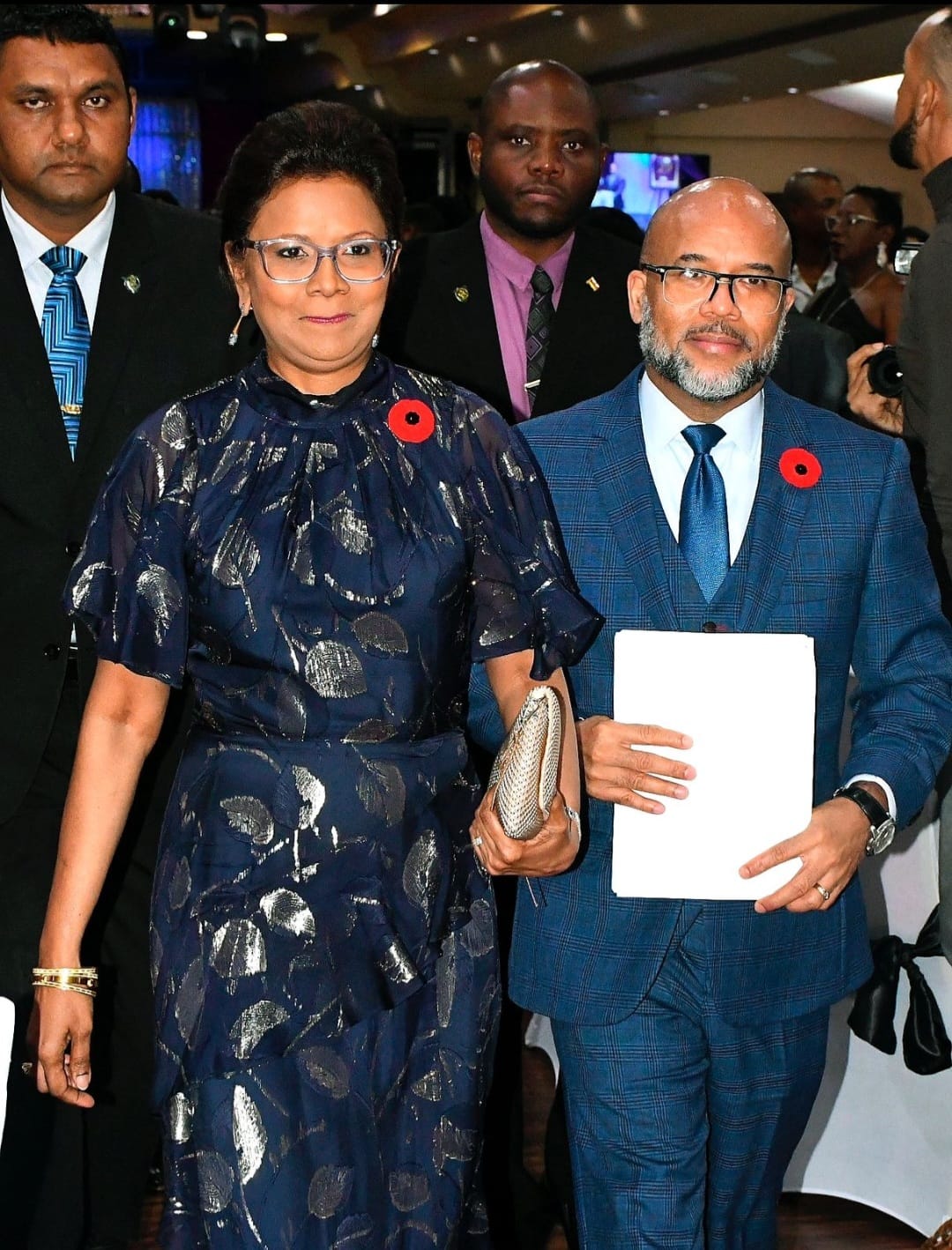Pointe-a-Pierre Wildfowl Trust, 8th December, 2018
Good afternoon:
If, before today, you have heard even one of my addresses you would have realised that I favour brevity in salutations. However, today, I employed the long-form because as Patron of the Point-a-Pierre Wildfowl Trust, I believe that everyone present should be recognised and applauded for being true partners in progress and giving your unstinting support to the Trust in general and this worthy cause in particular.
The Pointe-a-Pierre Wildfowl Trust has garnered an international reputation for excellence, and since charity begins at home, it has also received a national Award in 1994 – Hummingbird Medal (Gold) for Environmental Service. For 53 years, the Trust has been a champion of innovation, education and development and has an outstanding record in environmental research, conservation and advocacy. It is a true national treasure – an invaluable repository of environmental knowledge and resources.
The Wildfowl Trust is no stranger to breaking new ground and is in fact, uniquely suited to this task as it is the second oldest wetland conservation Trust in the world and the only one located within an industrial complex. It is therefore no surprise that it is also a pioneer in the treatment of the differently-abled. Today, I am pleased to formally commission the newly-restored Boardwalk for the Differently-Abled which will ensure that an oft-underserved section of our society can share the rich and valuable experience afforded by this bucolic setting.
It is serendipitous that this function comes in the same week in which the International Day of Persons with Disabilities is observed. The day is intended to remind us of the need for societies to promote inclusivity and equality in every sector in order to empower people with disabilities – a call to which the Wildfowl Trust has responded admirably.
There are many deficiencies in our nation with respect to fulfilling our obligations towards the differently-abled. Persons with disabilities are often denied their rights and dignity and can be adversely affected by prevailing social attitudes towards them such as apathy, disdain, impatience and often disregard for their feelings and needs. Too frequently, their requirements are not considered in the construction and layout of offices, including, incidentally and shamefully, the Office building at Presidents’ House which does not have a ramp, lift or wheelchair-accessible restrooms for the convenience of the differently-abled. Woe betide the visitor or staff member who requires these amenities! It is of some comfort to know that plans are in the works to correct this unacceptable state of affairs.
The provision of facilities for the differently-abled ensures their full participation in society and sends a clear and compelling message to all citizens that they must be valued and respected. The late civil rights activist, Martin Luther King Jr. once said, “An individual has not started living until he can rise above the narrow confines of his individualistic concerns to the broader concerns of all humanity”, and the same applies to institutions, so I commend the management and staff of the Wildfowl Trust as well as corporate co-sponsors, First Citizen’s, and TTMF which generously sponsored the boardwalk, for doing their part in promoting inclusivity and equality. I must also mention the contribution of United Nations Development Program to this project.
The boardwalk is a symbol of the creative, forward-thinking and compassionate work of the Trust, which, since 2001, has facilitated the enjoyment by the differently-abled of the natural flora and fauna for which this nation is renowned. We must all take pattern from this accomplishment which undoubtedly improves the lives and circumstances of the differently-abled.
Trinidad and Tobago has committed to fulfilling the United Nations 2030 Sustainable Development Agenda which aims, among other things, to reduce inequalities and leave no one behind. To attain this admirable goal, we must ensure that people with disabilities have equality of opportunity supported by the necessary legal and policy framework. The boardwalk contributes to the nation’s efforts to meet its commitment in creating an environment that enables all citizens to develop their full potential.
True to form, the Trust does not end its service to the differently-abled with the provision of a boardwalk. An environmental therapy programme designed for adults and children with special needs, survivors of abuse and the hearing and sight-impaired has been in existence for a number of years. Environmental therapy is an ingenious use of our natural resources, facilitating appreciation for and peaceful interaction with the magnificent flora and fauna that can be found on this compound.
Anne Frank, the celebrated German diarist and Holocaust victim once opined, “I firmly believe that nature brings solace in all troubles.” As an orchid enthusiast, and lover of flora in general, I am keenly aware of the therapeutic effects of nature and its potential to enhance life. A study conducted in 2007 by researchers at the University of Essex in England confirmed that daily walks in green spaces of high natural and heritage value were especially beneficial for psychological well-being. I am sure that those who have participated in the environmental therapy programme have benefitted from the sights, sounds and scents of the gentle undulations, the symphony of birdsong and the fragrances wafting on the breeze.
The continued success of this programme is contingent upon our sustaining the environment, which we all have a duty to respect and safeguard. Recently, this country experienced the devastation caused by severe flooding, which was exacerbated by the improper disposal of waste, unregulated or ill-advised land use and poor river management. We have had many cases of illegal hunting of endangered species, and even our national bird. Only a few weeks ago, two men were charged with the illegal poaching of the Scarlet Ibis and in an unrelated matter another man was charged with the illegal possession of the endangered Pawi.
The Trust has worked tirelessly to raise public awareness on these issues, embarking on several outreach programmes and projects which cover topics such as the effects of climate change and the importance of biodiversity. Educational programmes undertaken since the 1980s have been in keeping with the motto of the Trust, ‘To know is to Love, to Love is to Preserve’. The outreach is aimed at heightening awareness of the negative impact of individual and collective disregard for the environment and the importance of cultivating an appreciation for nature, which in turn, should lead to a desire to protect it. Perhaps the expansion of these programmes into the wider society might help us as a people to understand why the hunting of endangered species is unacceptable and inimical to our future.
For this reason, among others, it is my firm belief that primary schools across the nation should prioritise educational visits to the Trust. My first visit took place in August this year and I met students who came to the Trust to carry out field work as part of their curriculum.
A group of enthusiastic brownies and girl guides were also here, enjoying a ‘hands-on’ approach to learning and participating in volunteer work. Our children need to be fully equipped and informed to deal with the challenges of environmental conservation, which include cultural practices which threaten our wildlife.
The protection of these species is not without purpose. Trinidad and Tobago is a prime destination for birdwatching and people travel from around the world to see our many varieties. We have a duty to ensure that these national assets are protected and promoted and better incorporated into our international image, especially considering the commendable efforts that have been made by the Wildfowl Trust in making this beautiful setting more accessible. Carnival and calypso are not all that makes our nation unique!
Ecotourism, defined as ‘responsible travel to natural areas that conserves the environment, sustains the well-being of the local people, and involves interpretation and education’, is an industry which can be further developed, given the abundance of wetlands, forests and nature reserves that can be found in Trinidad and Tobago. Globally, there has been greater awareness and enthusiasm for environmental conservation, given the prominence in national political discourses of issues such as global warming and pollution. We must tap into this movement, not only to attract visitors, but also to enhance our own capacity for and interest in conservation. The Trust with its wealth of experience would be invaluable in that endeavour.
I thank those who have seen the wisdom in contributing to the Wildfowl Trust, which has enabled it to carry out its valuable pioneering work. Much progress has been made possible as a result of the generosity of the banking sector, the diplomatic corps, corporate partners, government entities, concerned citizens and other enterprises – many of whom are represented here today. I know that Petrotrin has supported the Trust in various ways over the years and it is my hope that the closure of its refinery does not in any way adversely affect the operations here.
I congratulate the Trust on the restoration of the Boardwalk for the Differently-Abled and I encourage you to continue your good work secure in the knowledge that your contribution to our society has been invaluable and is greatly appreciated.
Before closing, I extend to all of you best wishes for the Christmas season; and may Peace, Love and Joy dog your footsteps into the New Year
Thank you.







